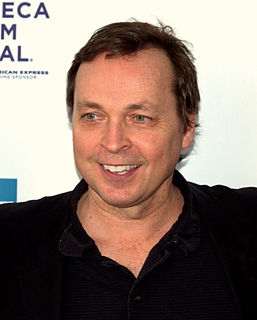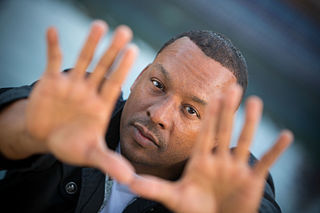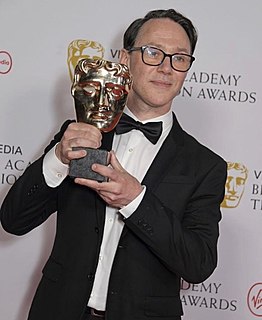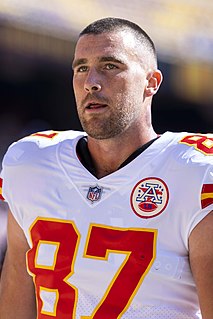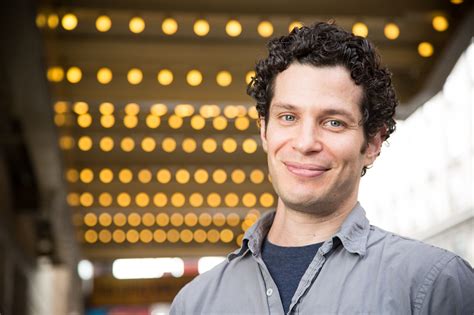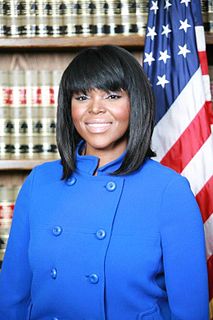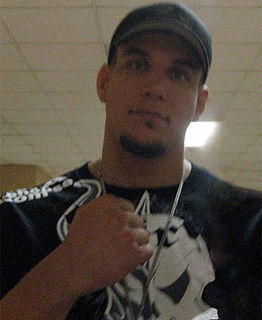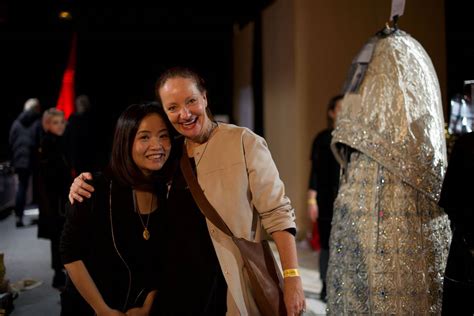A Quote by Bobby Farrelly
I think that's the key to being a director: to be able to get the shot and move on quickly.
Related Quotes
When I move from being a cameraman to being a director I looked at a lot of other cameramen who tried to make the move. And in each case they moved up their camera operator to be the DP, which really meant they didn't want to give up being the DP, and really wanted to do both. And my feeling was if I was going to succeed as a director, I had to just be a director and give up the safety net of being a cameraman.
Well, outside of the tone, the big thing that I gained from working on horror film was how to shoot really quickly with no money. I learned how to be able to go into a production and know exactly what shot I need to get and how the shot needs to look and what performance I need to get out of the talent at a very quick pace.
But live you get the chance every night to rework it and change it and hone it. But then you get the false, weird oddness of being able to look at it and say: "Well that's weird, because last night they laughed at that and yet they didn't tonight. So what did I do? Nothing was different." You have that strange thing of being able to tell within five minutes what an audience is like. Very quickly an audience gets a personality and you start to think: "What is it about you all; you all hate it, don't you?" Then you come out and have friends in and they say: "It was brilliant!"
Being able to get a big body to change direction, I think that's huge. I don't think a lot of tight ends incorporate that enough. I got a lot of that from playing hockey when I was younger, being able to play on the inside and outside of skates, as well as on the basketball court, being able to put my foot into the ground and crossover.
One of the challenges of being a director is often you don't get to work with your peers. You know, writers can write together, and as a director you get to work with so many wonderful actors and writers and designers. But it's pretty rare that you get a chance to partner in that way with another director.
It might sound crazy, but filming in a conflict zone, in Afghanistan, and being a female filmmaker was the easy part. I found people open and understanding of the importance and beauty of filmic storytelling. I never had to explain why Jake Bryant, my Director of Photography, and I were climbing up a ladder to get a high shot, or running ahead to get an arrival shot, or filming weeks after weeks, months after months, collecting so much material. The process was respected and honored.
